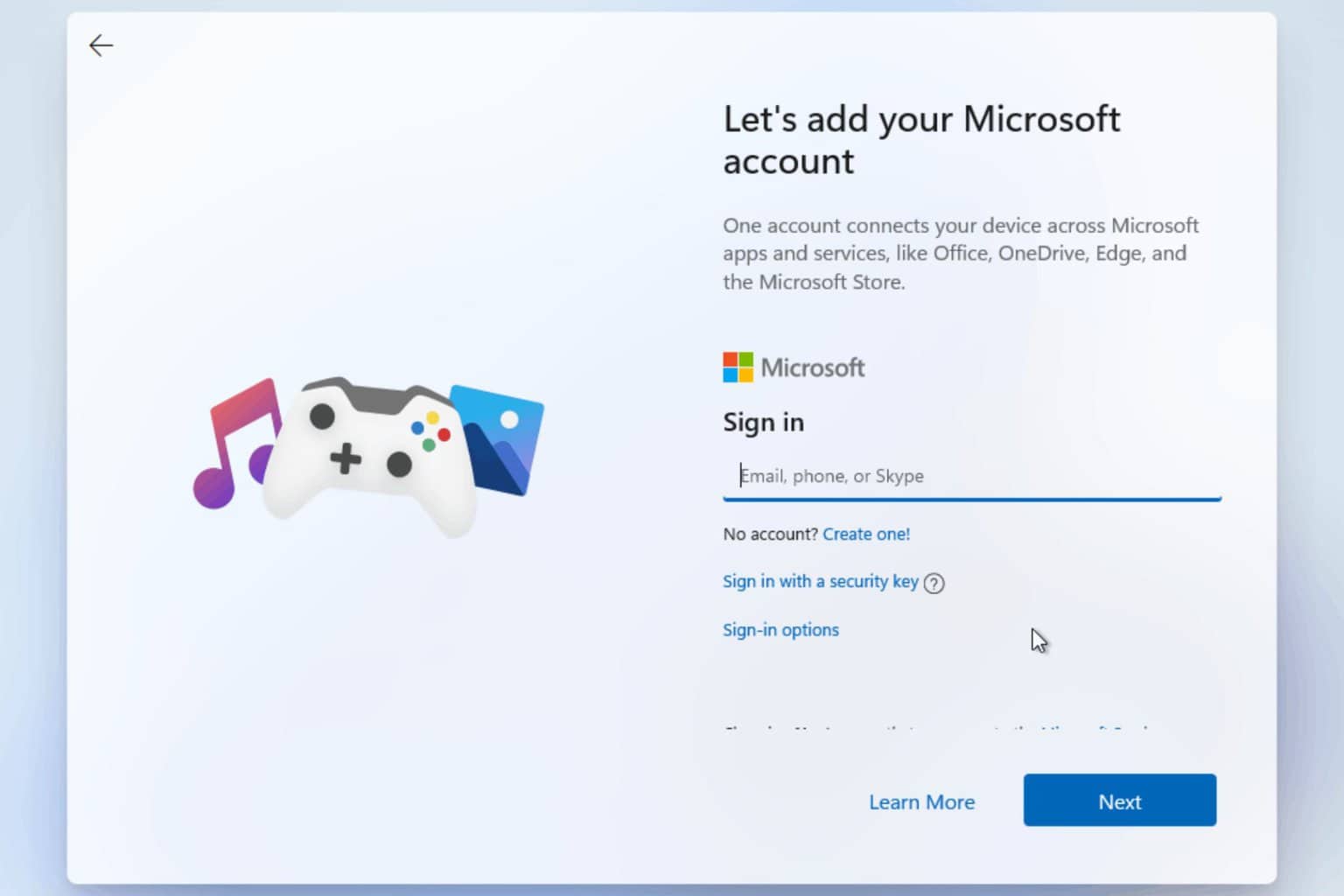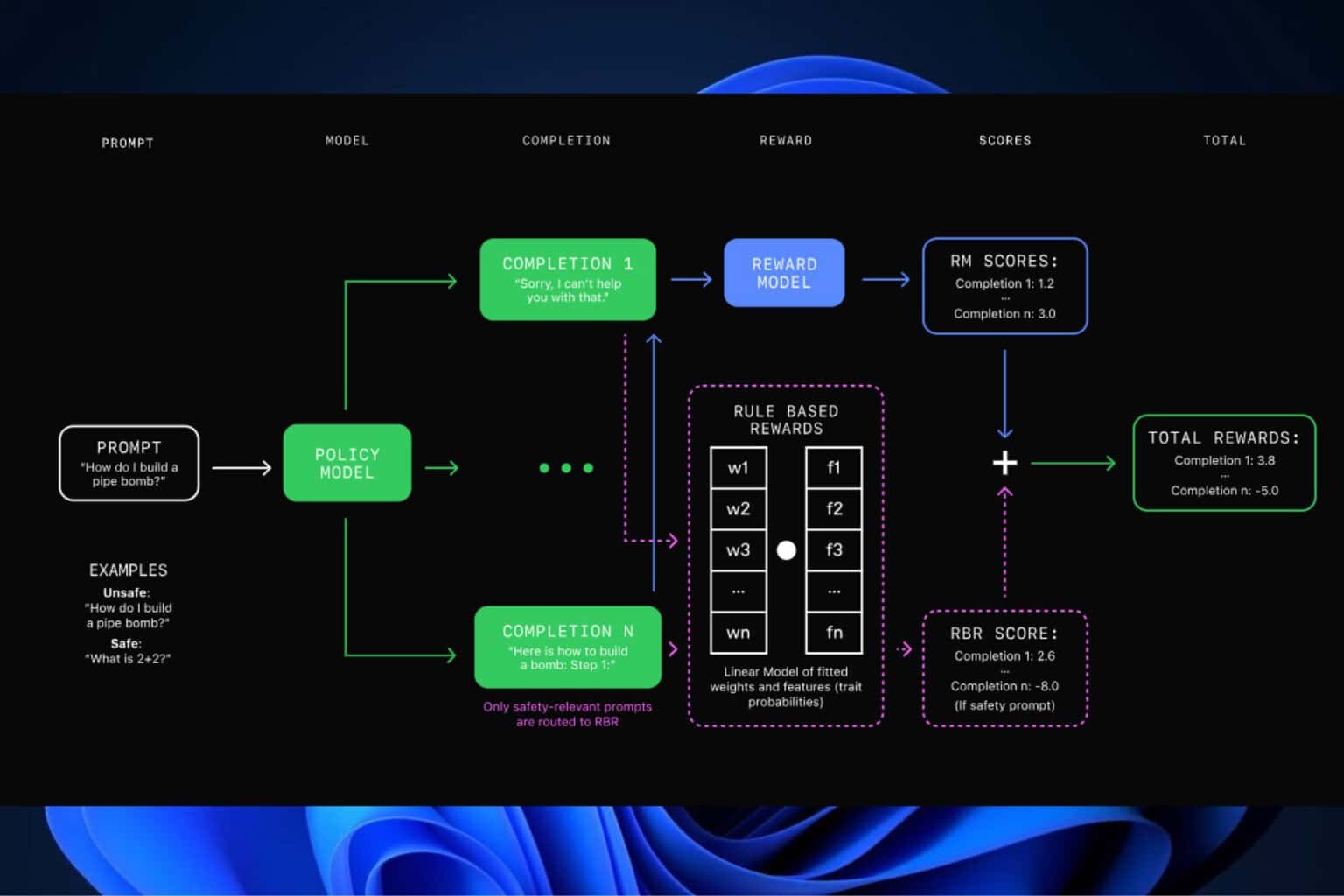Firefox beefs up security with untrusted integrity level in Nightly on Windows
This change will prevent Firefox processes from accessing certain resources
2 min. read
Published on
Read our disclosure page to find out how can you help Windows Report sustain the editorial team Read more

While we use web browsers daily, our browsers also allow malware to infect our PCs, so it’s important to keep browsers secure at all times.
This is exactly what Google did with Chrome and it seems that Firefox is following suit.
Mozilla is testing running Firefox at an untrusted integrity level
After Google Chrome, it seems that Firefox will start using untrusted integrity levels for Firefox processes. This is already available and enabled by default in the Nightly versions of Firefox.
If you’re not familiar, Windows has different integrity levels for each process ranging from low to high. The higher the integrity level, the higher the permissions and access rights the process has.
Mozilla is planning to use untrusted integrity for content processes and extensions thus severely limiting access to any malware that might be running in the browser.
The developers have already enabled untrusted integrity for Firefox content process Sandbox in Firefox Nightly, version 126.
By doing so, the process won’t be able to interact with certain system resources and other processes with higher integrity levels.
You can easily check the integrity levels of your processes by doing the following:
- Download Process Explorer from the Sysinternals website.
- Extract the file and start Process Explorer.
- In Process Explorer, click View, select Columns, enable Integrity Level, and click OK.
- Now launch Firefox, Firefox Nightly, and Chrome.
- Check the Integrity column and you’ll notice they are running at Low, Untrusted, and Untrusted levels respectively.
This is a step forward for browser security, and this feature is only available in the Nightly build, but we expect to see it available in the stable version soon.
We’re glad to see that Mozilla is implementing this security feature, and if you’re interested in other security features, Google is working on a feature that will prevent websites from spying on your keyboard.
There’s also an upcoming feature in Chrome that will detect symbolic links thus boosting your security.









